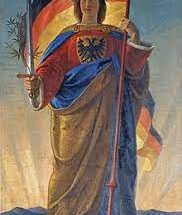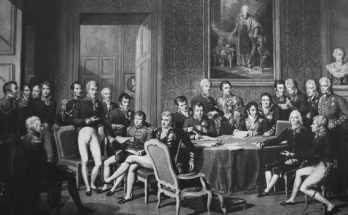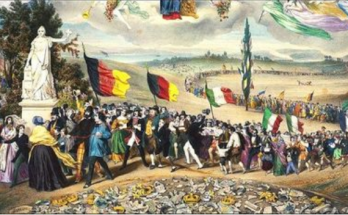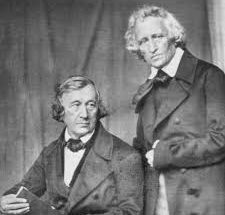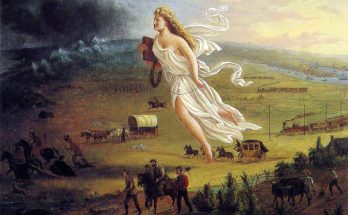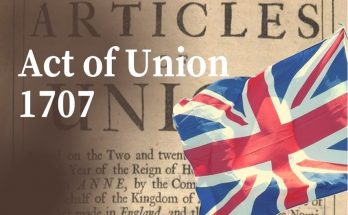The Role of Women in Nationalist Struggles
The Role of Women in Nationalist Struggles – Short note Active Participation- Women were integral in political movements, contributing to nationalist and liberal ideologies through associations, newspapers, and demonstrations. Political …
The Role of Women in Nationalist Struggles Read More